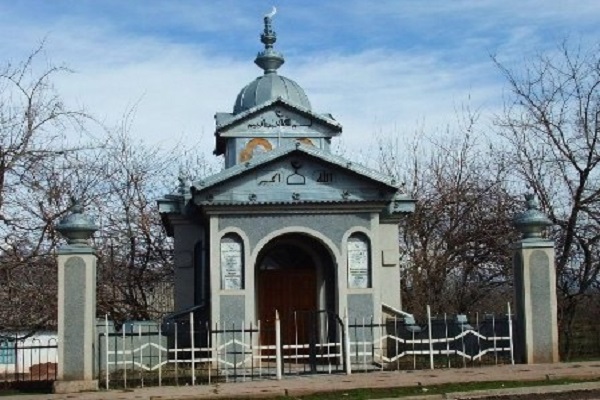Tajikistan Converts 2,000 Mosques into Public Facilities

The head of the Committee for Religious Affairs, Husein Shokirov, said in a news conference on February 5 that the unauthorized mosques have been repurposed into teahouses, hairdressers, cultural center, medical clinics and kindergartens, among other things.
“We gave the owners of the mosques time to file [registration] documents, but they didn’t do it, so the sites were either reclaimed by the government or repurposed into social facilities,” Shokirov said.
The committee says that there are 3,900 mosques operating with proper permits in Tajikistan.
Under Tajik law, while the responsibility of building mosques lies with the public, ultimate control over the premises and what happens inside them is assumed by the government. Imams are regularly required to renew paperwork so as to be able to execute their functions and sermons are written on their behalf by the authorities. Any clerics declining to cooperate with the government are invariably ousted.
Since 2014, imams have been receiving state salaries as if they were civil servants. And as of last month, laws have come into force requiring imams to declare all their sources of income. Most of their money typically comes from the offerings of congregants and payments for officiating special events.
Starting from 2010, the government began pursuing policies to restrict entire sections of the population from going to mosque. First women were forbidden and then it was the turn of young people under the age of 18.
The overall direction of travel is for greater state control over religion as a whole. The intent is to have single large mosques serve entire communities, so as to simplify the process of keeping tabs on the faithful.
But often, this centralizing trend complicates the exercise of attempting to observe religious obligations. Many believers hold to the view that prayers to the recently departed are meant to be said in the mosque. People in the regions, who have to cover distances of more than 50 kilometers to reach their closest place of prayer, are no longer in a position to fulfill that obligation in a convenient manner. The same difficulty obtains with attending Friday prayers.
Source: Eurasianet
 Most Commented
Most Commented 


